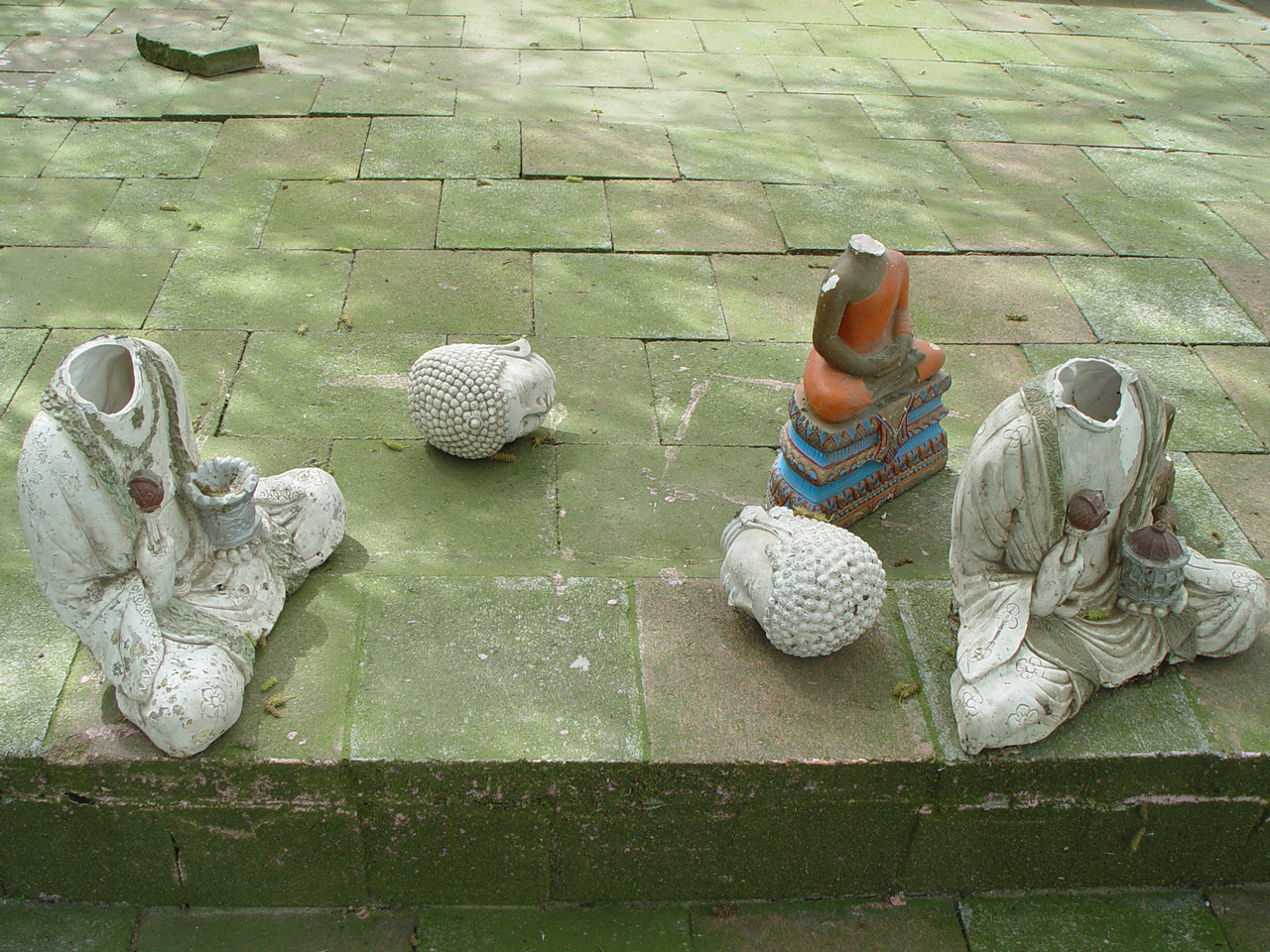
We've since seen families scattered across Europe, Australia, Canada, the United States, even French Guyana, trying to rebuild their lives. And tragically, we've seen many stories lost.
The poet Souvankham Thammavongsa recently released a book of poems, Found, which was also turned into a movie by filmmaker Paramita Nath. The impetus for this book was the story of her discovering her father's notebook that he had kept in the camps, filling it with doodles, addresses, postage stamps, maps and measurements. And nearly 30 years later, he threw it away into the trash, and it was only by chance that she discovered it and recovered it. And from that, she also felt the need to respond to it, creating a body of poems that needed to be heard.
But I know, around the world, there are so many other families who've already thrown away these markers of history, our past, our heritage. They considered these relics, and by unspoken extension, themselves, of no value. It's an annihilation of the deepest significance made all the more ironic by their almost uniform insistence that we preserve and maintain our culture and traditions.
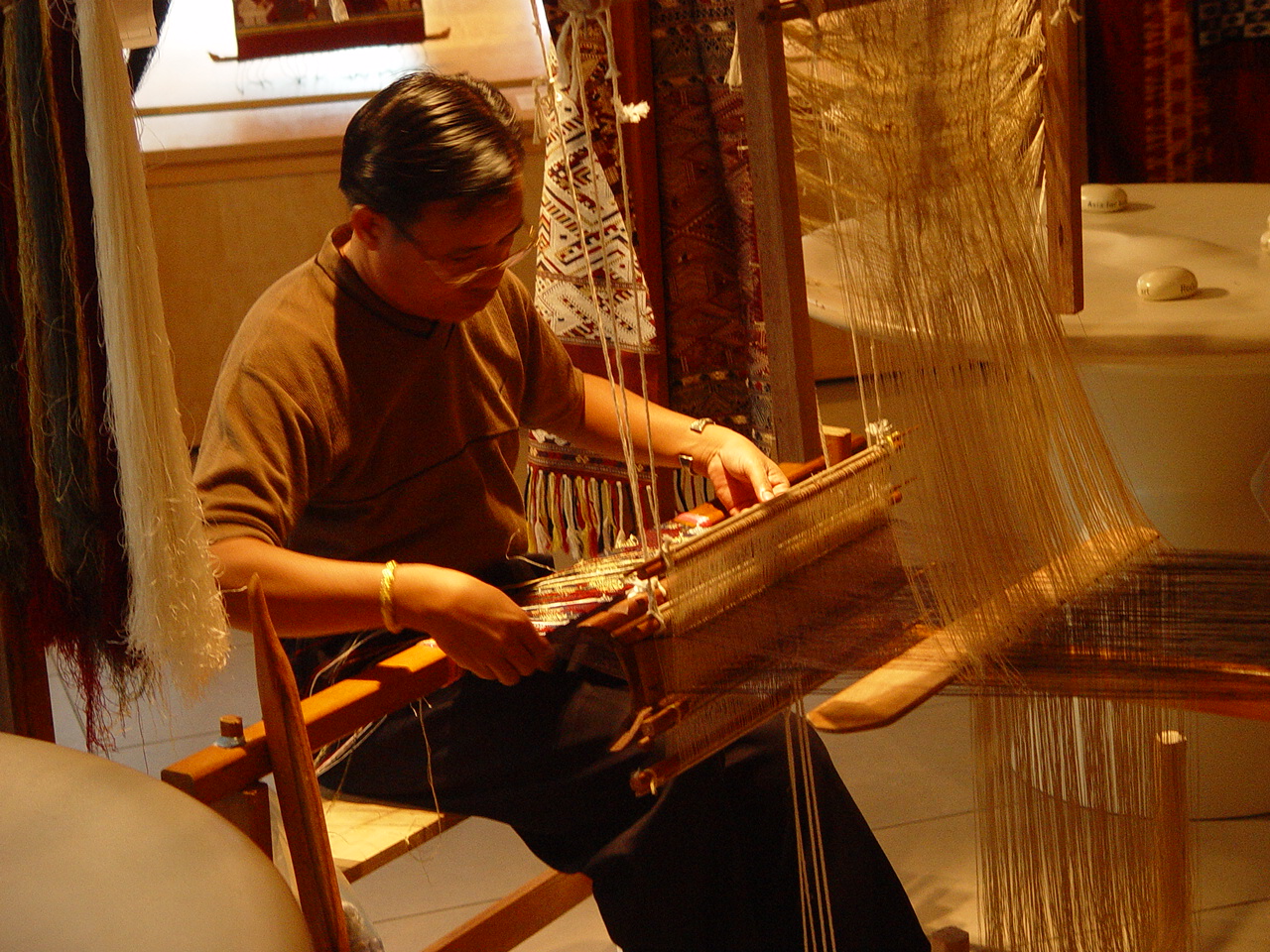
Because people love anniversaries divisible by 10s, we're seeing many conferences and spectacles organized around our experience in 2010. So it goes.
And this might be unremarkable, except I've found the current thrust of narrative we've been taking troubling.
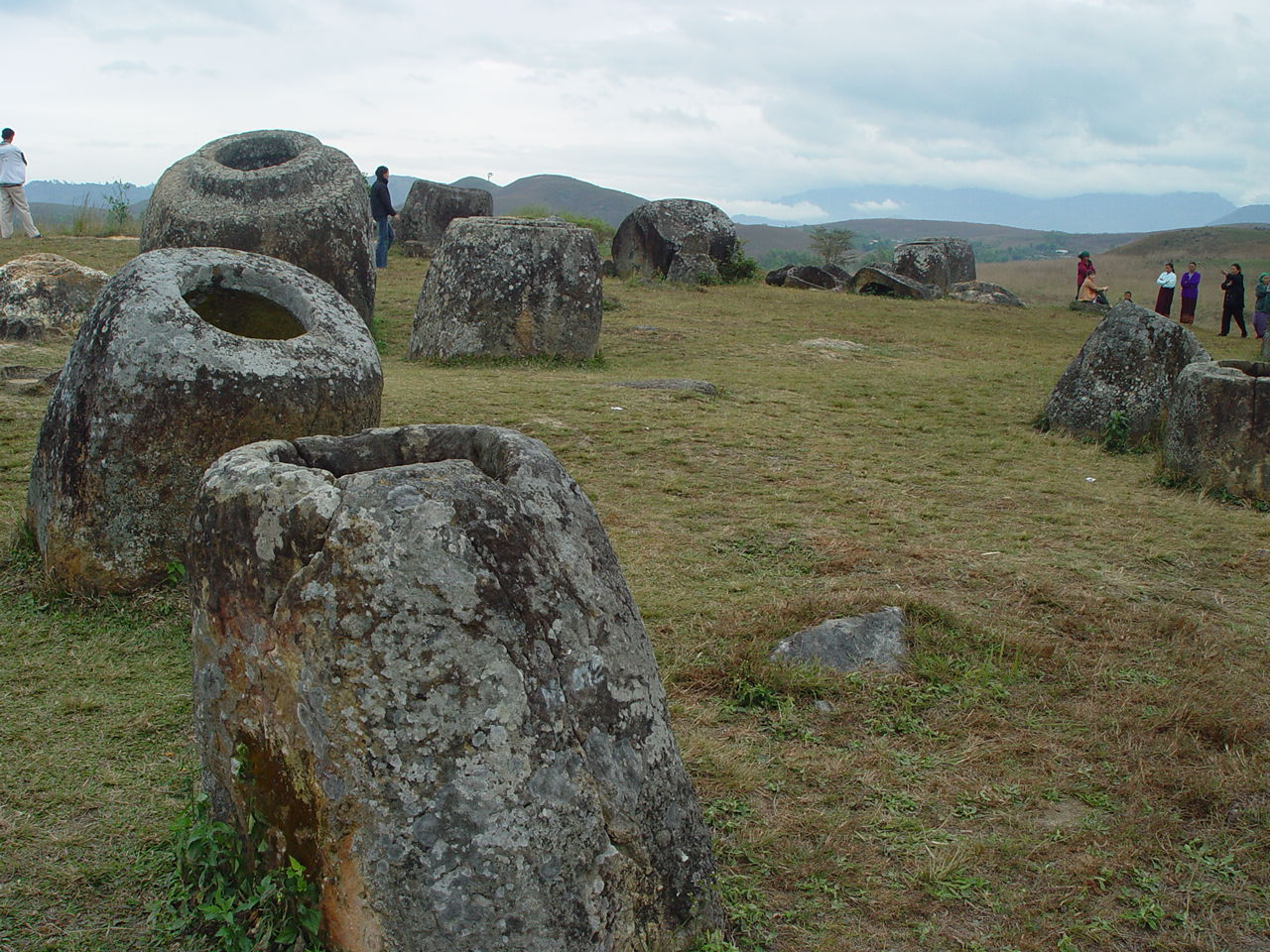
Regarding Laos, it's often reduced to a story of the Hmong, Lao and clandestine American paramilitary advisors fighting against the North Vietnamese and Lao, when the reality is, there were MANY ethnic groups involved, including Khmu, Tai Dam, Mien, Nung and Thai, just to name a few.
In Vietnam, US special forces organized the Bahnar, Jarai, Koho, Manong, and Rhade among other tribes collectively referred to as the Montagnards to advance South Vietnamese and allied interests.
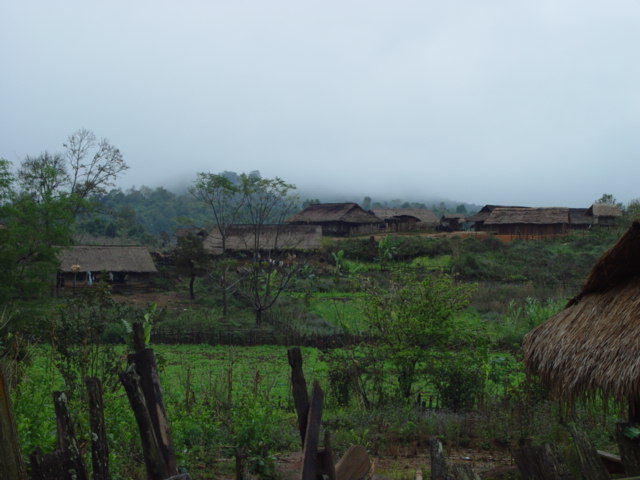
As I watch the arguments unfolding over the Texas textbooks that seek to functionally deny the contribution of our communities in defending the lives of American servicemen and our roles in shaping the present world, I understand the intentions of some who think history is best served with a compact narrative that simplifies our collective heritage. But I disagree.
I dissent, and I encourage all our communities to present their stories as they truly are. After 35 years, those who've survived, those who remain have surely earned the right to be what we all fought for. Free, without shame. Called what we wish to be called. Names, not abstract numbers.
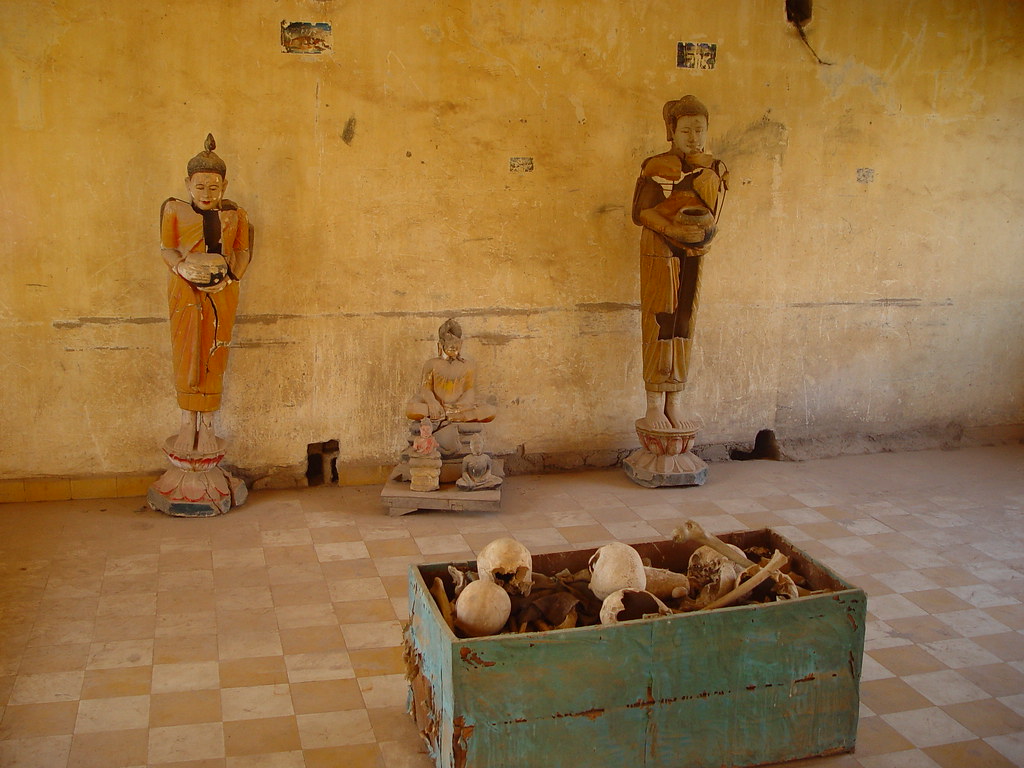

I would not wish to face our descendants who will ask: "What did you do to our heritage?" if we continue on a systematic destruction of our own true story.
1 comment:
Bryan,
We, the Laotians, are so greatful to have you as a reminder. Thank you, thank you, and thank you.
Thassany
Post a Comment